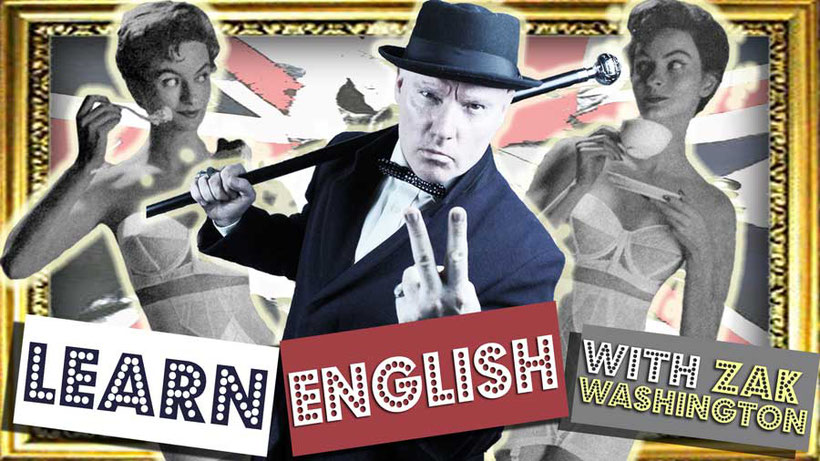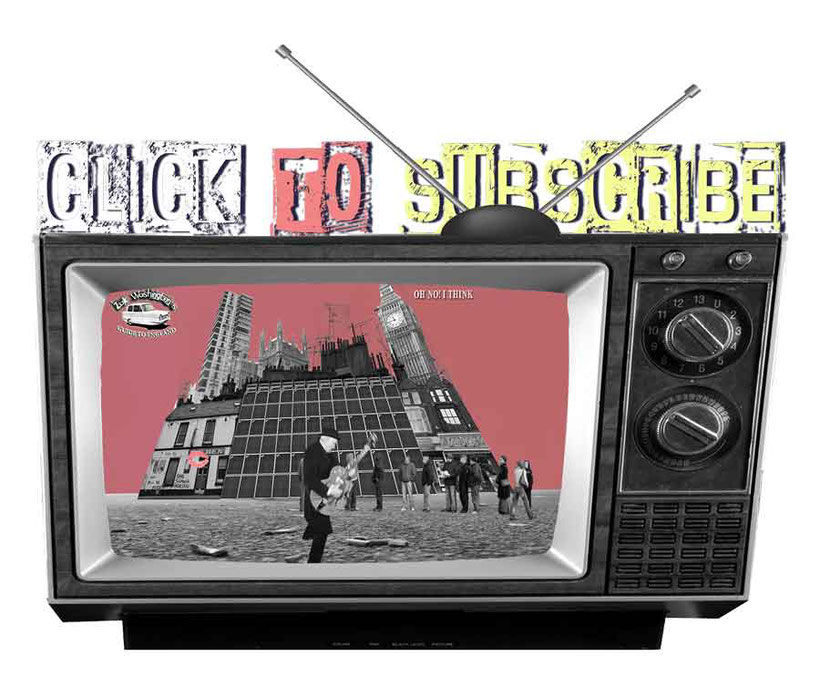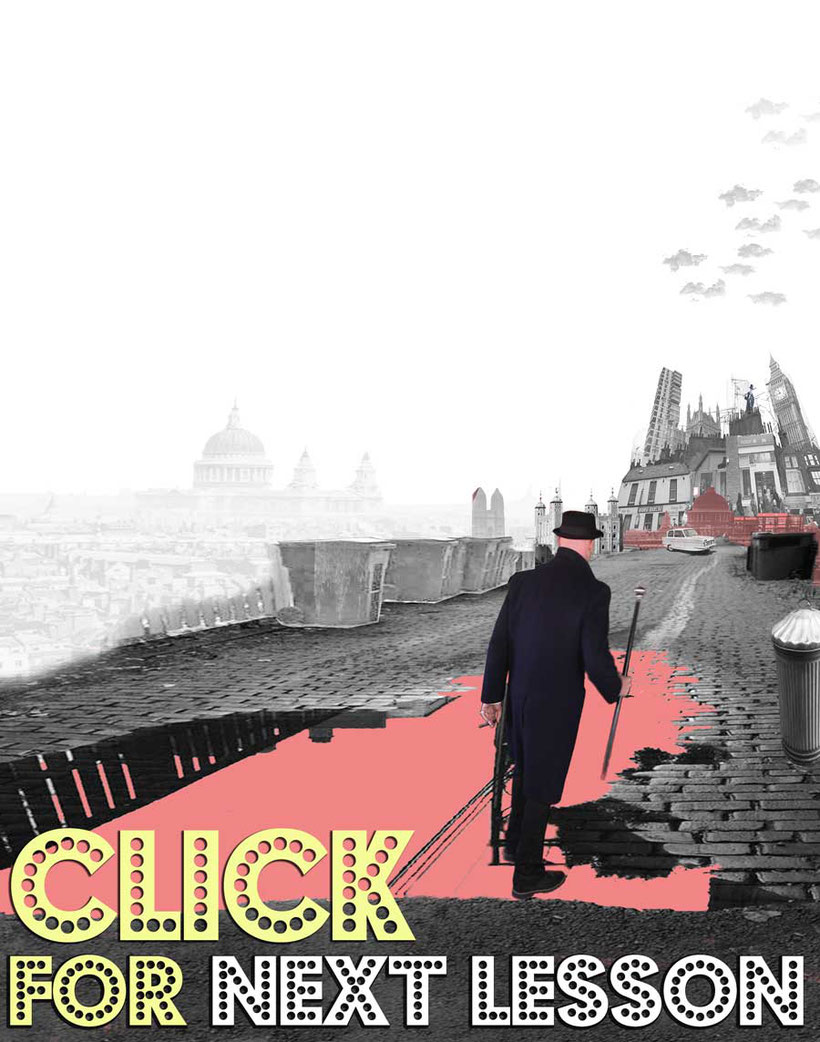LEARN real ENGLISH LANGUAGE & CULTURE - LESSON 15

World's biggest free non-profit English language and culture course.

In LESSON 15 you will learn English grammar: VERB + GERUND and VERB + INFINITIVE.
We will explain step-by-step how to improve your vocabulary for LAW AND ORDER.
Finally students will practice with communication activities, quizzes and games.
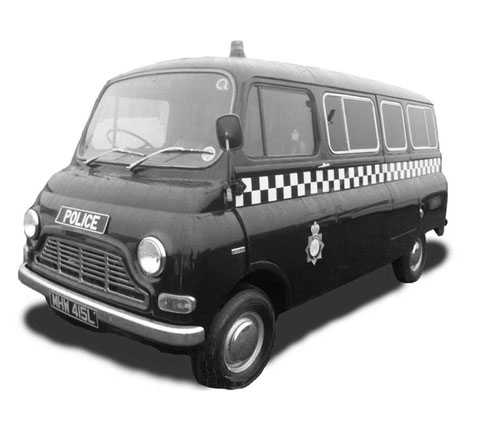
Photo of British culture: vintage Black Maria police van from the 1960s

ZakWashington, the corrupt English teacher, is too lazy to work at the language school, so he is taking his group of students to visit a ‘cultural’ place of interest. Today we are going to…..
THE OLD BAILEY
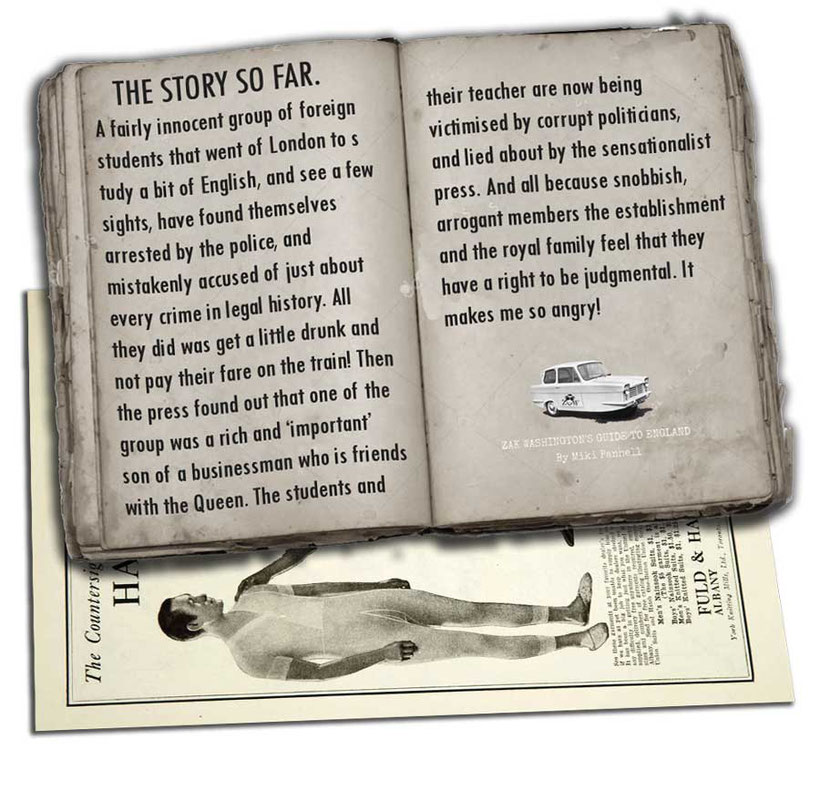
15.1 ENGLISH SPEAKING PRACTICE COURTS & THE LEGAL SYSTEM

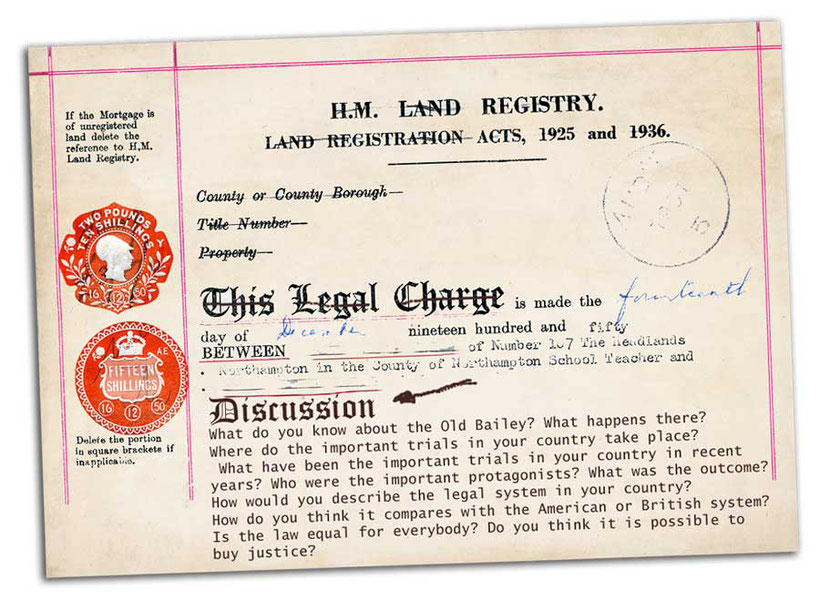

Three weeks later the biggest court case in British legal history begins. Representatives of the press from every country in the world are here. The result of the case could effect the future relationship between Ali Fred and Lady Sara Winthorpe, the Queen’s niece. This could effect the relationship between Ali’s father Raji, who is one of the most influential businessmen in the country, and the British government. To complicate things still further, the relationship between the oil producing countries of the East and the west, would be seriously affected too. This case has got nothing to do with justice. The important issue here is if this crisis will effect oil prices.

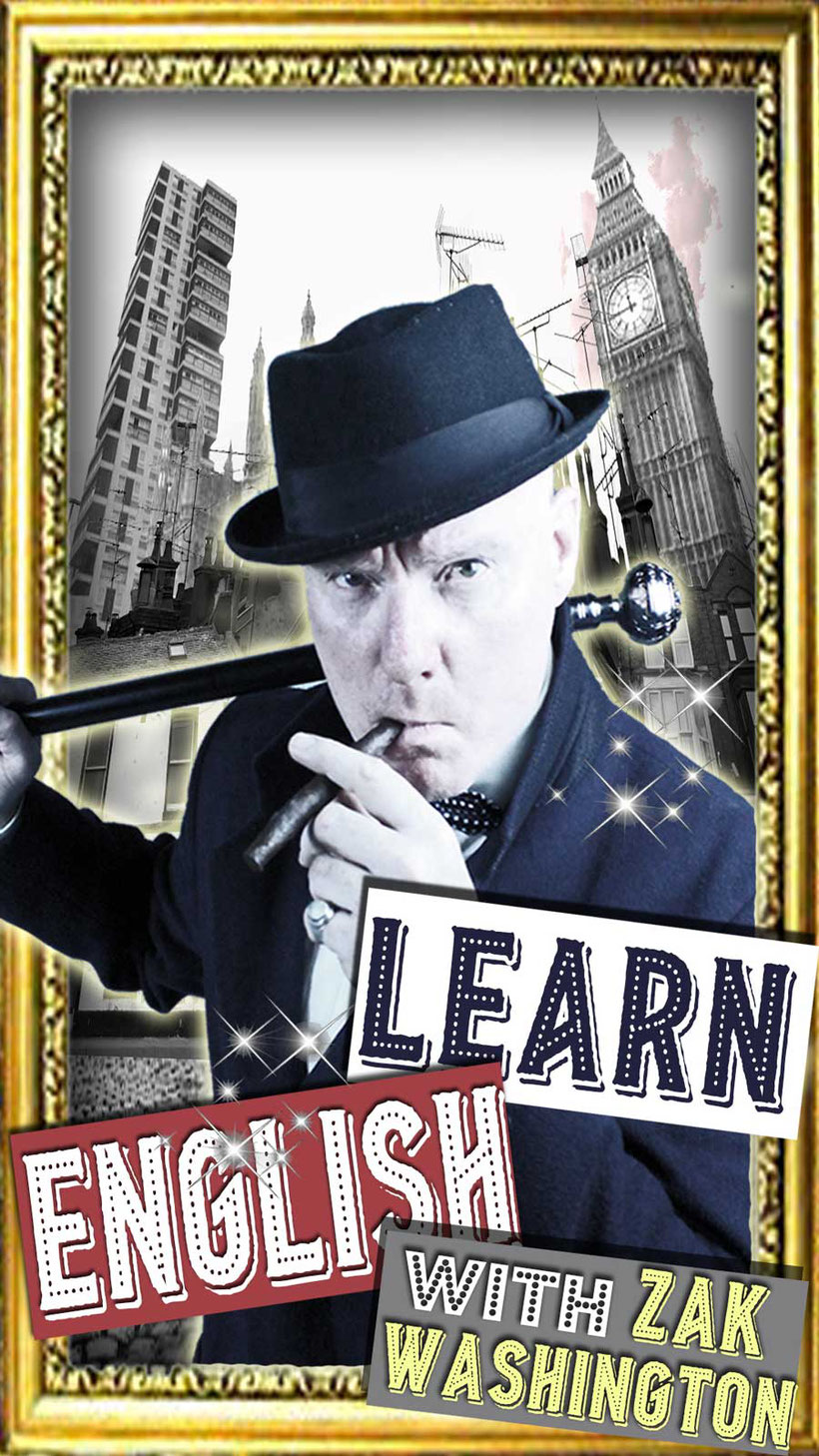

In this chapter we will need a lot of legal vocabulary. Match the following definitions with the correct meaning.
1. Bail
2. Cross examination
3. Fine
4. Jail
5. Alibi
6. The accused/ defendant
7. Barrister
8. Verdict
9. Sentence
10.Judge
11.Jury
12.Attorney
13.Trail
14.Witness
15.Solicitor
a. A British lawyer qualified to argue a case in high or low court.
b. A British lawyer who gives advice about the law usually before a court case.
c. The person in charge of a court case who decides what the punishment is.
d. The group of twelve people who decide if the accused is guilty.
e. The person(s) charged with committing a crime
f. The money that you pay to have someone let free before a court case.
g. A person who sees a crime take place, and then testifies about it in court.
h. The length of time in prison given as a punishment by the judge.
i. The decision reached by a jury in a court.
j. A court case, particularly one of importance, or seriousness.
k. An American lawyer who has the power to speak at all levels of court.
l. The place where you could go, if you lose the court case.
m. An amount of money that you have to pay as a penalty for breaking the law.
n. Proof that a person didn’t commit the crime.
o. The questions asked in court to find out if someone is guilty or not.

The following exercise is similar to the above, and shows how complicated legal language is. Don’t worry if you don’t understand all the differences, some are very similar to each other. Pay attention to the dependent prepositions. These are always the same and should be learnt when you learn the verb.
1. To accuse sb of something.
2. To hold sb for...
3. To charge sb with...
4. To summon sb to court for...
5. To prosecute someone.
6. To discharge someone.
7. To arrest someone.
8. To sue someone for..
9. To get sent down (slang)
10.To frame sb for..(slang)
a. To make a legal claim against sb usually for money. Common in the USA.
b. To say that someone has done something wrong. Not only a legal word.
c. A corrupt way of manipulating facts to make an innocent person seem guilty.
d. When you officially begin legal proceedings against someone.
e. To let a person free who is innocent, or cannot be sentenced.
f. What the police do when they detain you and read you your rights.
g. What the police do, if they don’t let you free or discharge you.
h. When you are officially told, normally by post, that you have to go before a judge.
i. When the judge says you have to go to prison.
j. When the police tell you that you are formally accused of a crime.

Which are the verbs that can be followed by another verb in the gerund or infinitive form? Which are possible with both the gerund and the infinitive? You can refer to chapter one, if you have forgotten. Which verbs have a change of meaning depending on if they are followed by the gerund or the infinitive?



LISTENING EXERCISE
ZAK WASHINGTON: A very good morning to you students, the press, the public gallery, your honour, ladies and gentlemen of the jury!
JUDGE: Oh. Just shut up, won’t you?
OTHER JUDGE: Start answering the questions.
JUDGE: Now, you stand here today accused of the following crimes; hooliganism, assault, blackmail, high treason, kidnap, hijack, fraud, perverting the cause of justice, unlawful entry, criminal damage, disturbing the peace, breaking and entering, illegal gambling, corruption of minors, indecent exposure and fare evasion on the London Underground Metro system. Now, how do you plead?
ZAK: Not guilty, your honour.
THE PROSECUTION: May I call the next witness Mr. Ticket Inspector.
JUDGE: Mr. Ticket Inspector. Do you swear to tell the truth, the whole truth and nothing but the truth?
TICKET INSPECTOR: No. Me not. Correct him.
JUDGE: I’m sorry but you have to swear.
TICKET INSPECTOR: I will not swear when there is womens present. 15.5. Why is he getting confused? Correct him
Oh yes. Me be most happy to come today to give you the evidence for the case of court…
JUDGE: (impatiently) Can you stop talking such nonsense?
TICKET INSPECTOR: Most thanking you very much.
JUDGE: Enough I said. Can we get this man a translator?
TICKET INSPECTOR: Oh no. I speak very well the English. That be right. I’m a Englander, I was borned here. My first language is English. My two fathers too speaked very good the English, and they learned me everything that I understood! 15.5b. There are at least ten mistakes in these sentences. Correct them!
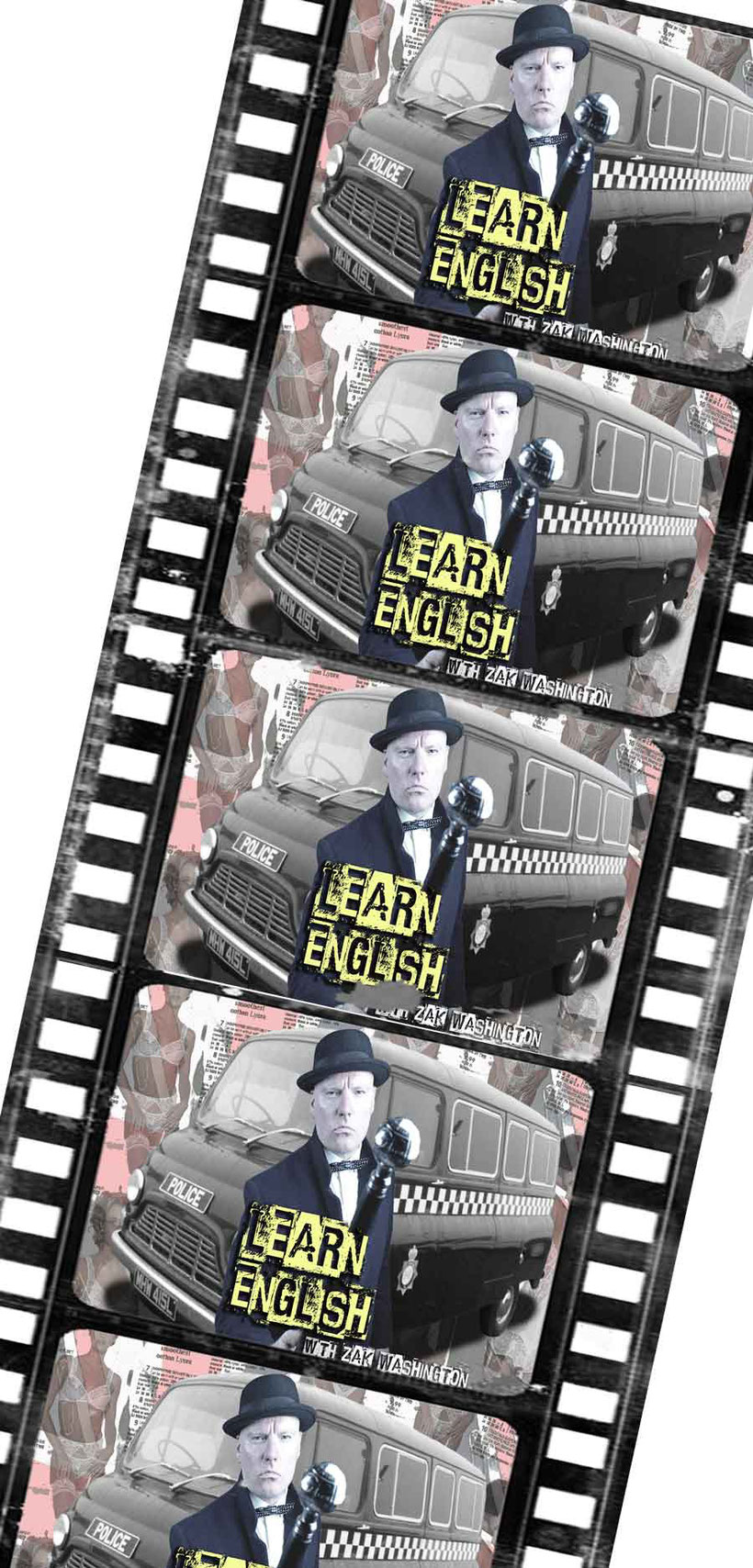
JUDGE: Just get on with the first cross-examination.
JUDGE: Are you aware that you are at the centre of an enormous international scandal?
TICKET INSPECTOR: What am I wear? Yes. I know that I am wear a nice jacket and a hat and… and an international sandal. Yes.
JUDGE: Oh. Forget about what you are wearing…
TICKET INSPECTOR: You don’t want me to be wearing no more this? I no understand.
JUDGE: Is this man addicted to some kind of drug or something?
TICKET INSPECTOR: I am not a d*ckhead. No, most very not a d*ckhead indeed. Me get offended.
The jury retire and consider the verdict. They spend fourteen hours debating the final decision, which had already been made before the case began. The trial is almost over. Weeks of cross-examination are over. The courtroom has been weighed down under an enormous amount of evidence, thousands of testimonies and a great deal of[1] press interest throughout the world. When the jury returns, the world’s eyes and ears are watching and listening to see the verdict. Financial pundits await to see if the sentence will crash the market and sink[2] the world into a great depression, or if we are about to experience the greatest period of global prosperity[3].The world is watching…
A JUROR: (Nervously.) After due deliberation[4] the jury has arrived at the following decision. (handing a paper to the judge.)
JUDGE: Silence please. Silence in court. This court finds you guilty of all the charges brought against you and hereby condemns each one of you to FIFTEEN YEARS IN PRISON. Take them down!
The court explodes in cheers of happiness, relief, anguish, and anger. The relationship between Raji Fred’s son Ali, and the Queen’s niece Lady Sara Winthorpe can now take place. Diplomatic relations between the East and the West will not be broken off. The world is not going to experience a massive recession. These drunken fools have got what they deserved [5]. Justice has been done!
GLOSSARY
[1] a great deal of a large amount, a lot of etc.
[2] To sink (sank, sunk) as you know, this is to make a ship go down. This is what happened to the Titanic. But the verb can also mean ‘to make decline’, ‘to depress’, ‘to lower dramatically’, ‘to ruin’, ‘to destroy’ or ‘to disappear’; ‘When the new fast food restaurants opened in the centre, people stopped spending in the more traditional places, and many smaller businesses sank.’ ‘After one enormously successful hit record, the band sank without a trace.’
[3] Prosperity (noun) a synonym of wealth and richness.
[4] Deliberation (legal noun) consideration, long and careful talk or thought.
[5] To deserve (regular verb) This is a verb that needs a little explanation. Imagine this situation: Your friend spends years and years working very hard to pass his exams. He doesn’t go out, and he applies all his creative energy to his studies. He works harder than anybody else. Do you think it’s right that he passes the exams? Yes, of course. He deserves to pass after so much hard work. In other words, he has ‘earned’ or ‘has the right’ to pass the exam because he has worked so hard. The meaning then, is ‘to be right’, or ‘to be fair’ that something happens. ‘If you work hard, you deserve to be successful.’ ‘He is the worst, most corrupt politician in the country. He deserves to go to prison.’
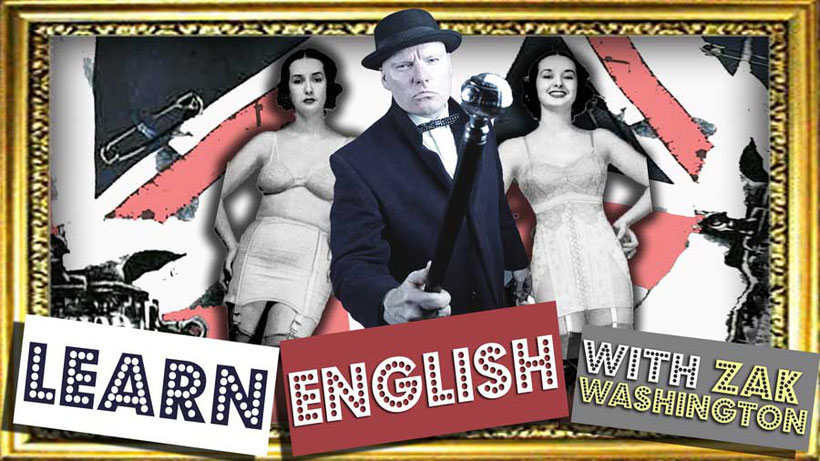
15.6 ENGLISH GRAMMAR VERB + GERUND OR INFINITIVE

Match one of the words with an appropriate meaning.
|
1.*Stop + gerund I stopped drinking ten pints a day. 2.*Stop + infinitive I stopped to drink a pint. |
a. to give up, to finish (‘to stop’ is the second action.) b. to halt (when ‘to stop’ is the first action) |
|
3.*Remember + gerund I remember going home drunk. 4.*Remember + infinitive I remembered to go home. |
c. ‘to remember’ is the first action, then you do the other. d. ‘to remember’ an earlier action. |
|
5.*Forget + gerund I forgot about visiting that awful bar. 6.*Forget + infinitive. I forgot to visit that awful bar. |
e. to forget about an action that you had done in the past. f. something needed doing but wasn’t, because you forgot. |
|
7.*Regret + gerund I regret telling the landlady to clear off. 8.*Regret+ infinitive I regret to say this. But clear off! |
g. to regret something that has already happened. h. to regret something that will happen in the future. |
|
9. Try + gerund I tried taking a big pill, but I couldn’t. 10.Try + infinitive I tried to take a big pill. It didn’t help. |
i. to attempt to do something, usually unsuccessfully. j. to do something to see if it helps, to experiment with. |
|
11.Mean + gerund That’ll mean saying sorry to her. 12.Mean + infinitive I mean to say sorry to her. |
k. to have the intention to do something. l. to involve or to include. |
|
13.Be sorry + gerund I’m sorry for telling you to clear off. 14.Be sorry + infinitive I’m sorry to tell you this but.. |
m. to apologise for something that has been done. n. to regret that will happen in the future. |
|
15.Go on + ger. She went on being the worst prime minister. 16.Go on + inf. She went on to be the worst prime minister. |
o. to do something later as a continuation p. to continue something that you were already doing. |
*Notice how the first eight examples have similar grammar. What is important is which of the two actions happens first. ‘To stop talking’ means to talk first, and then to stop. ‘To stop to talk’ means to stop doing something, and then to talk.
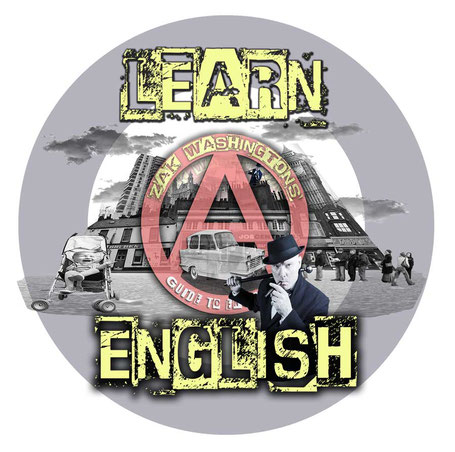

Now make your own examples of the above, using the prompts below. You will need to completely restructure the sentences.
- Example We didn’t want to pay on the Underground. We attempted everything. We jumped the barrier. We brought children’s tickets. We pretended we didn’t speak English. We put one of the smaller students in a large suitcase and got the guard to open the emergency barrier and let us through. (to try)
- We didn’t want to pay on the underground. We tried jumping the barrier, we tried buying children’s tickets. We tried pretending not to speak English. We tried putting one of the smaller students in a large suitcase.....
- ‘My memory is not very clear about what happened after we left the bar. I know that we went to the kebab shop. I can’t recall if we ate that horrible English meal or not.’ (to remember)
- ‘I wish I hadn’t eaten what ever it was! I feel disgusting now.’ (to regret)
- ‘My intention was to split up with my boyfriend, but I didn’t have the nerve.’ (to mean)
- ‘Will you not talk please!’ (to stop) ‘This is very intelligent jazz music that we are attempting, quite unsuccessfully, to listen to!’ (to try)
- ‘It completely slipped my mind, that we had met before. She has one of those faces that you can never remember.’ (to forget)
- ‘If only I hadn’t mentioned my personal problem to Tricia. Now everybody knows! (to regret)
- ‘Getting a good flat in London involves a lot of hard work. You will need to look at hundreds of horrible, expensive places, before you find one of good value.’ (to mean)
- ‘Continue what you were saying! Don’t let them interrupt you! (to go on)
- ‘Sorry! I didn’t remember to buy the milk. I bumped into[1] Dave and we went to get a ‘refreshment’ together. (to forget)
- Why don’t we finish this job and take a break? Let’s have another cuppa[2]!’ (to stop)
[1] To bump into sb. Many languages have no equivalent of this verb, so it requires a little practice. The literal meaning is ‘to crash’ or ‘to knock into’ and would describe the action of a driver of a car who hits another vehicles in front of him. The metaphorical meaning is, perhaps, more common and means ‘to meet by accident’. Also note that English doesn’t have a verb that refers to the first time that you meet someone. You will need to elaborate this verb by adding to meet someone for the first time. For this reason the following sentence is impossible in English: I knew Dave in a party last year.
[2] Cuppa (slang noun) a very informal, but common, way of saying ‘a drink of tea’. As it is normal to offer someone a cup of tea, if they come to visit you, this must be learnt. It is an abbreviation of ‘a cup of (tea)’.
15.11 ENGLISH SPEAKING PRACTICE LANGUAGE, DIALECTS AND ACCENTS
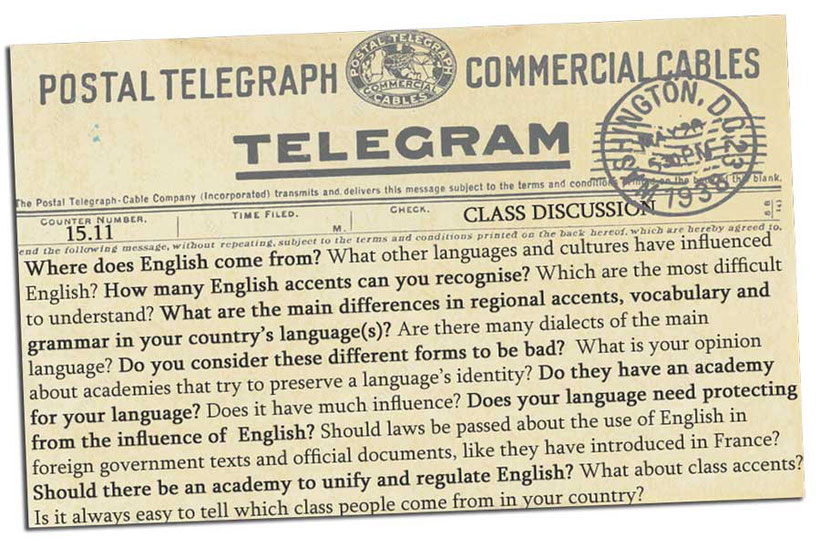
ENGLISH SPEAKING PRACTICE ROLE-PLAY
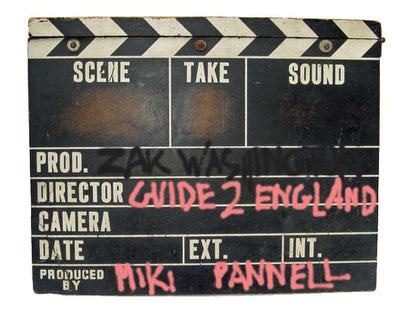
ROLE-PLAY ONE.
You are all American ‘on-the-spot’ reporters from different television channels in the USA. This is your moment of fame! The trial has been a sensation. In this precise moment, more people are watching the outcome on television than ever before. You must give a live report from outside the courtroom, to the millions of Americans watching back at home. Your parents, family, old school friends, enemies, and all those people that you’ve tried for years to impress are watching! Don’t mess up! The verdict has been sudden. You won’t have time to prepare a report. You will all have to improvise [1]. Imagine the scene; there are thousands of people cheering, shouting, and booing[2]. Don’t take it in turns! You will have to speak at the same time. Lights, camera, action …..You’re on! Start giving your report now.
ROLE-PLAY TWO.
Tonight, there is going to be a television interview for Ali Fred, the young, handsome playboy, who next week will marry the beautiful Lady Sara Winthorpe, in the royal wedding of the century. He was recently involved in an enormous scandal, in which he was drugged and kidnapped by a gang of vicious criminals (Zak Washington and his students), but has had his name cleared. He will be interviewed by Terry Parkinson, the veteran television chat show host. The television ratings[3] are going to be enormous tonight. Bigger than ever!
Student A. You are Terry Parkinson, the ‘king of prime-time television’. You are fifty-five years old and look as bad as Julio Iglesias. Your hair is about as real as your smile. Everything about you is plastic. You have been wearing the same wig[4] for thirty-five years. You are about to get the sack[5] from your job, because the general public are bored with you. Tonight’s programme will make or break your career. If you do badly, you will spend the rest of you life as a pathetic ‘has-been’. Tonight you will interview Ali Fred, a man that you don’t like. The truth is that you are jealous of him. Try and make him look stupid. This is your chance to show the world the charisma that has made you a household name for the last three decades. Ask as many impertinent and personal questions about the scandals that he has recently been involved in. Especially the one that was reported in the tabloid press about his drunken antics in the Royal Revue Bar. You are the housewife’s ‘king’. Don’t let Ali Fred steal your audience. Prepare your questions well. And don’t forget that plastic smile!
Student Z. You are Ali Fred. Next week you will marry the beautiful Lady Sara Winthorpe, in the royal wedding of the century. Until recently the public in Britain, thought that you were a degenerate alcoholic who spent all his time in nightclubs. You were cleared of all charges against you in an enormous court case, but you need to show the world that you are a decent, respectable gentleman, and eliminate any doubt in the mind of the public about your ‘clean’ identity. You are going to be interviewed by ‘Terry Parkinson Show’ in front of an enormous audience. Although you are good looking and charismatic, you are very worried about your public image. Don’t let your insecurities show. Mr. Parkinson has a reputation as a ‘smooth talker’ and is very popular with middle-aged ladies. These people are your target audience too! You need to prove to them that you are more charismatic and charming than he is.
GLOSSARY AND ENGLISH USAGE
[1] To improvise (regular verb) ‘to invent’, or ‘to make up’ on the spot, or as you perform. This can be used either for music, speeches, almost anything in fact. The noun is an improvisation.
[2] Boo (noun) to boo (verb) this is the opposite of to cheer. This is the noise that you make when you don’t like the show! You might also shout, ‘Get off!’ to a bad performer.
[3] Ratings (noun) the official numbers of television viewers that a show has.
[4] Wig (noun) artificial hair! Traditionally known as a toupee.
[5] To get the sack ($ to get fired) a very British way of saying to lose your job. You probably insulted the boss or did something wrong to deserve this. If the company had run out of money, gone bankrupt, or closed down, then you would have been made redundant. (These forms are, of course, passive.) If you are the boss, them you can sack or fire one of your employees (active). There is another alternative, and that is to leave your job, ($ to quit) which is when you decide to go . If the job is quite official, it will be necessary to resign, or to hand in your resignation.
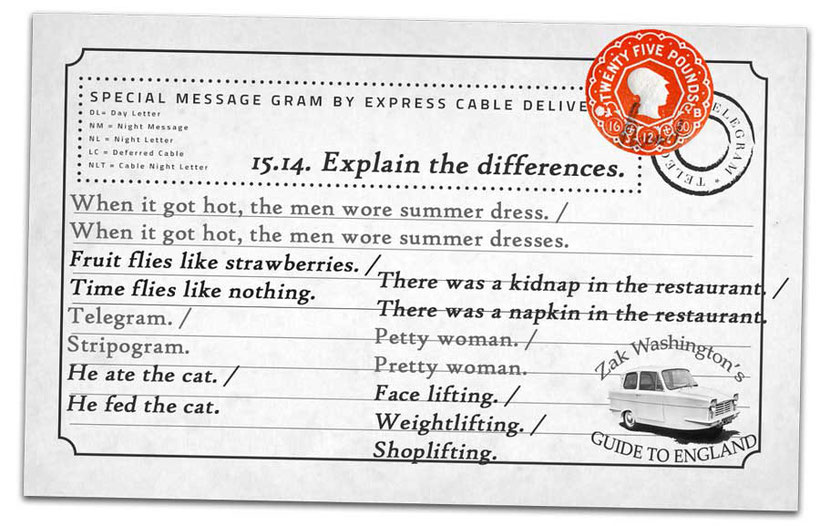

Who are your five heroes of all time? Why? Write about why these people inspire you. Why do you think that they are/were special? What did/do they do? What special gifts or talents did/do they have? Do you have any characteristics in common with them? Each hero should have a different occupation, so that you have to use more vocabulary. You are not allowed to use members of your family or friends, but you can use writers, musicians, poets, sportsmen, actors, explorers, scientists, etc. The people don’t have to be famous. They could be ‘unsung heroes’, that is, people whose work or talents never received much public appreciation or recognition.
